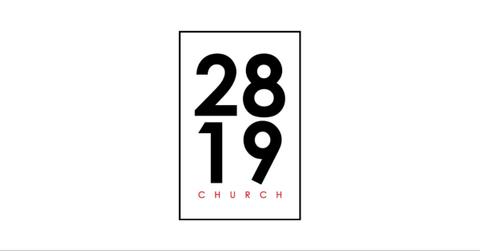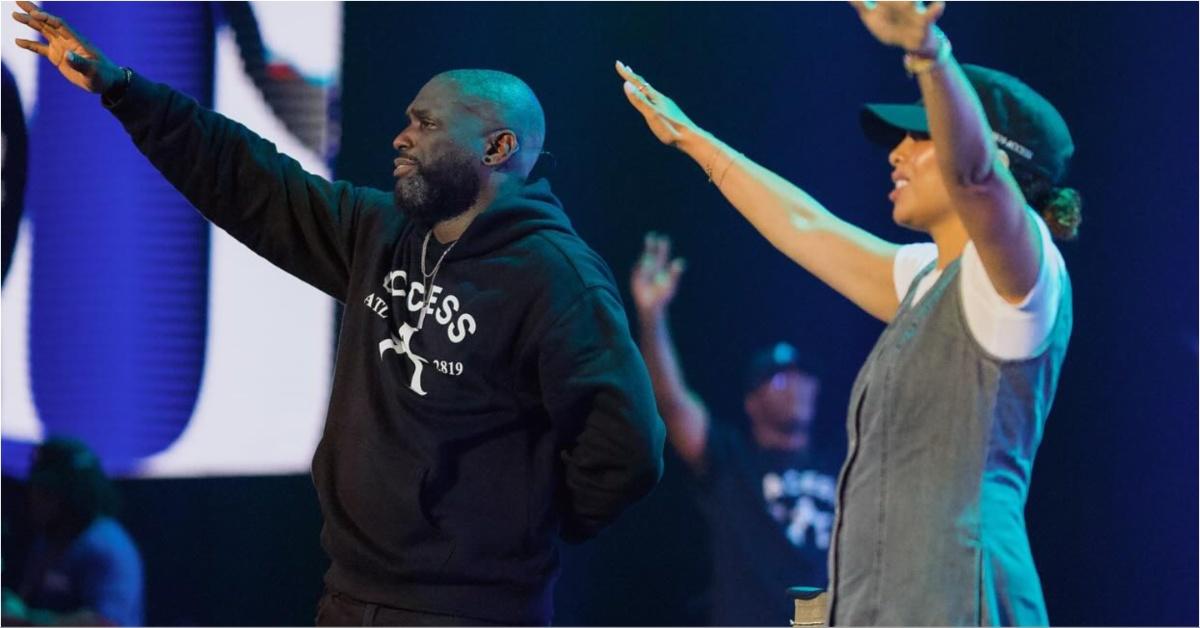2819 Church Controversy Explained: How One Sermon Sparked a Debate on Policing
"While not my intention, I recognize I caused harm and for that I sincerely apologize."
Published Oct. 15 2025, 2:46 p.m. ET
Pastor Phillip Anthony Mitchell never set out to be a headline. As the lead pastor of 2819 Church, a rising congregation in Atlanta, his focus was on spiritual growth, not media attention. But one sermon — just a few sentences within it — launched a storm of criticism, igniting conversations far beyond the church walls. The 2819 Church controversy is best explained by understanding how a single moment in a sermon opened doors to larger questions about faith, race, and how spiritual leaders approach authority in public life.
2819 Church built a reputation for its energy and momentum. With a name drawn from Matthew 28:19 — “Go and make disciples” — the church attracted hundreds with its fresh style and Pastor Mitchell’s bold, personal testimony. But when he shifted from the pulpit to a hot-button topic, the fallout was swift and complicated. Keep reading as we explore exactly what happened that landed the church and its pastor into the unwanted spotlight.
The 2819 Church controversy is best explained through a message that struck a nerve.
It started with a sermon about obedience. Pastor Mitchell urged his congregation to stop blaming white police officers for the deaths of Black youth. Instead, he challenged parents to teach their children obedience and respect toward authority. In his words: “Stop blaming white cops for the killing of Black kids. Instead, teach your Black children to be obedient towards authority.”
The moment landed like a gut punch for many.
Critics argued the message ignored a long history of police brutality and the reality that compliance has not always protected Black lives. Social media erupted with reactions, many pointing to the deaths of people like Philando Castile and Tamir Rice — individuals who either followed police orders or were killed before they had a chance to respond.
Jimmy Hill, an Atlanta father whose son was fatally shot by police, began protesting outside the church. The Atlanta father told Capital B Atlanta, “I don’t know what happened, but the church at one time was the place we could go to and the pastors and the men and women of the church would stand up for civil rights.”
Jimmy took issue with the fact that pastors like Pastor Mitchell seemingly showed up for the first few press conferences but disappeared when the real war for justice began. Jimmy, like many others, felt like Pastor Mitchell placed blame where it didn’t belong with his sermon.
Pastor Mitchell apologized for what he said.
According to Words in Black, Pastor Mitchell didn't ignore the backlash he faced. He issued a statement apologizing for what he said: "Without a doubt, I understand the framing I used about Black children and their relationship with police was and is harmful."
Likewise, he also issued his apology via Instagram: “While not my intention, I recognize I caused harm and for that I sincerely apologize."
Many who followed him on Instagram praised him for such a "phenomenal display of leadership and humility." For individuals like Jimmy Hill, however, the apology fell flat.

